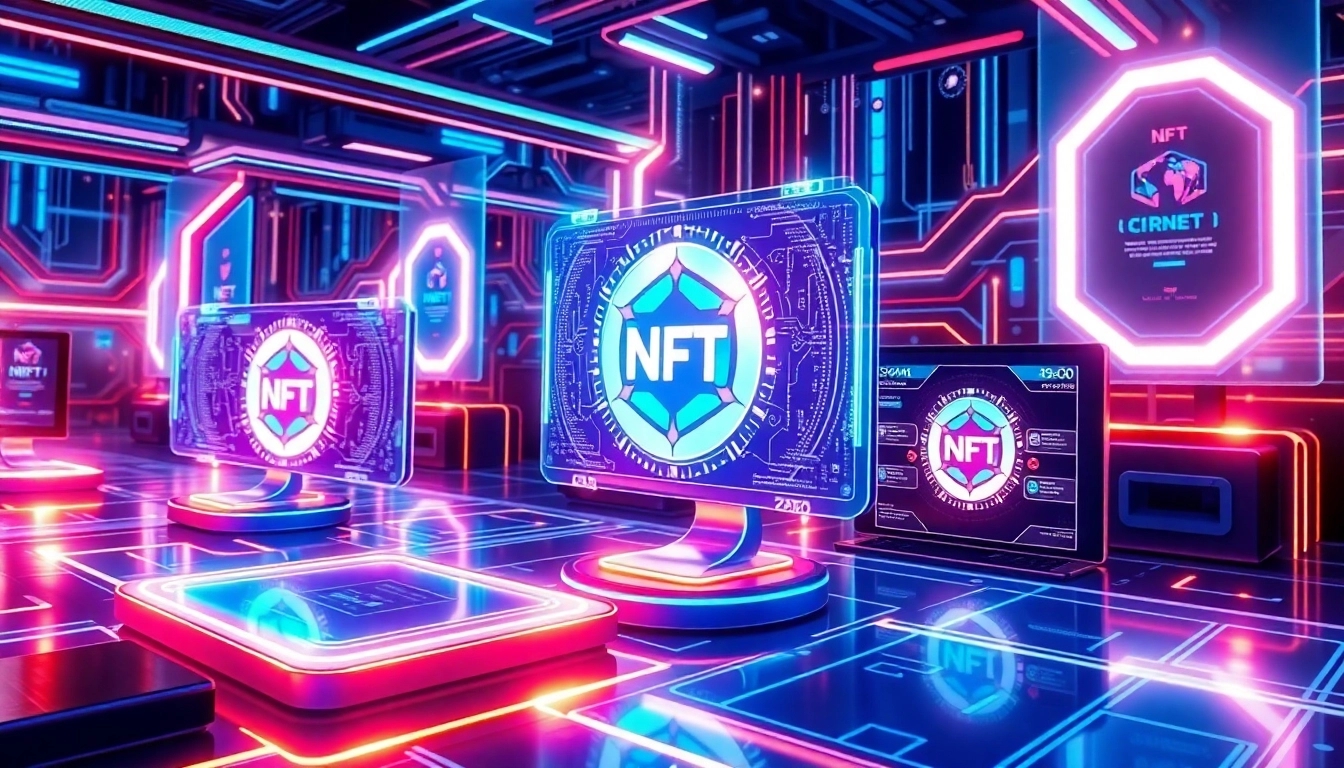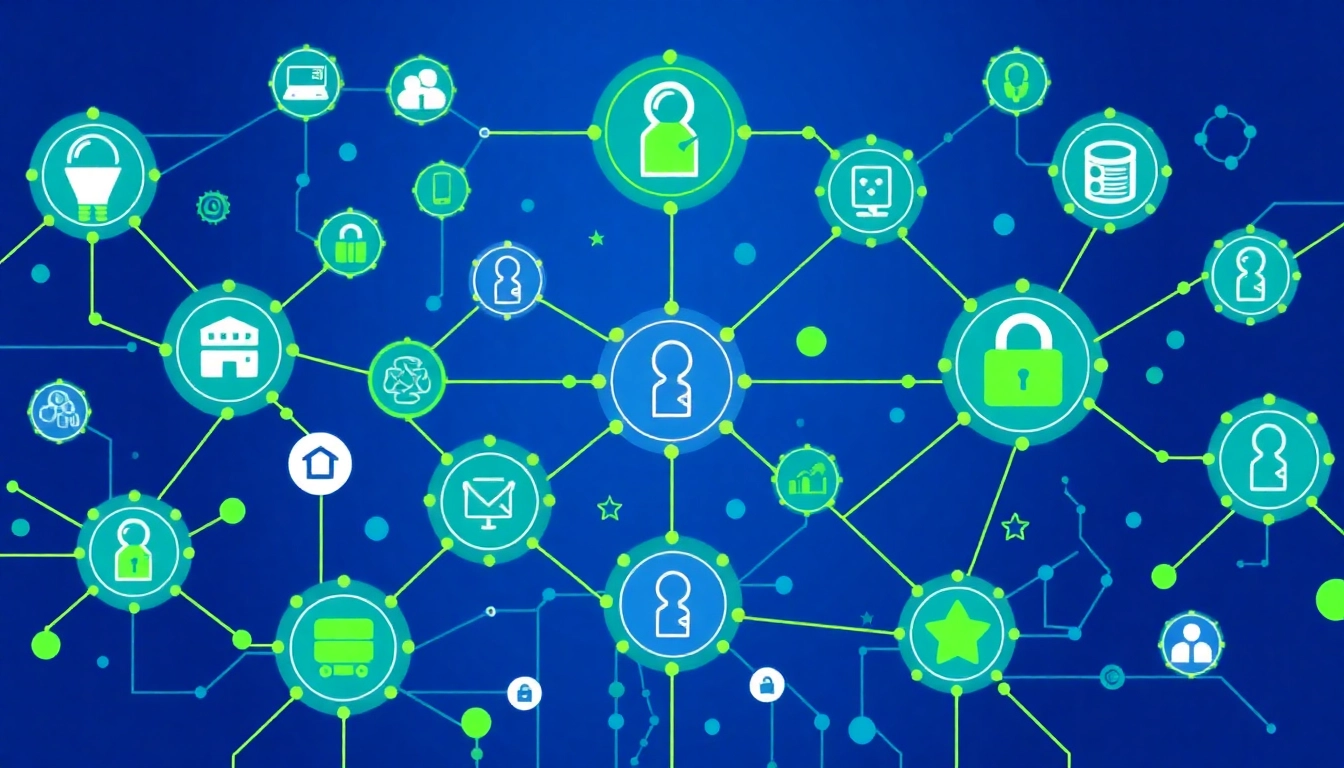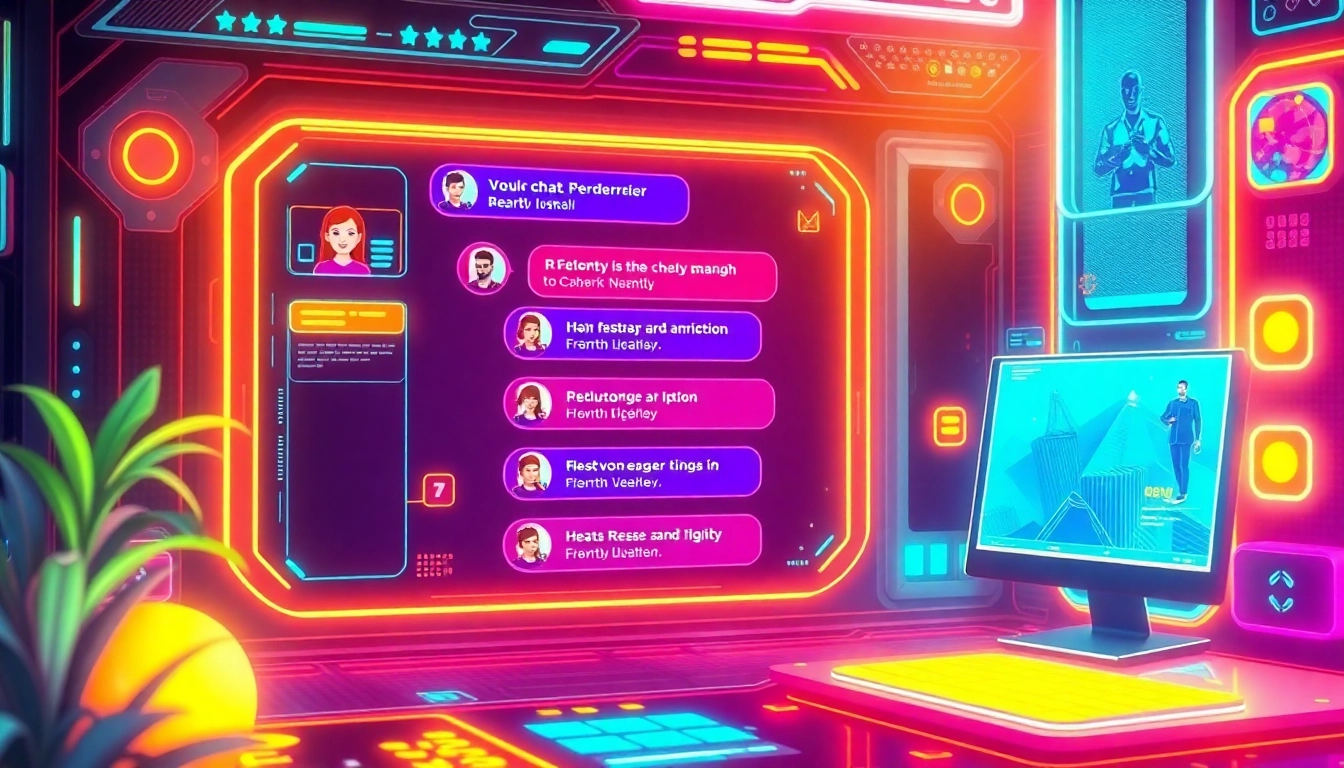Understanding Technology: Definition and Importance
Technology, in its essence, is the application of scientific knowledge for practical ends. It encompasses a broad range of tools and processes that are employed to meet human needs and improve the quality of life. As we navigate through the digital age, understanding technology is more crucial than ever. It shapes the way we communicate, work, learn, and live. To explore further, visit technology in depth. This section delves into the definition, importance, and various applications of technology that permeate our daily routines.
The Definition of Technology in Modern Context
Today, technology is often viewed through the lens of innovation and progress in various fields. From the sophisticated algorithms that power artificial intelligence to the simple devices we use every day, technology constantly evolves. Traditionally, technology referred to the tools and machines used in industrial processes. However, in modern contexts, it encompasses software, hardware, processes, and systems that enhance efficiency, productivity, and creativity.
Importance of Technology in Everyday Life
The significance of technology in our daily lives cannot be overstated. It streamlines processes, improves communication, and fosters innovation. Everyday tasks that once required considerable time and effort can now be accomplished within moments due to technological advancements. From smartphones that provide instant access to information to smart home devices that enhance security and convenience, technology continues to shape our routines.
Common Types of Technology Affecting Our Lives
Technology can be categorized into several types, each impacting our lives differently. Some of the most prevalent types include:
- Information Technology (IT): Encompasses computers, networking, software, databases, and telecommunications systems.
- Medical Technology: Innovations such as telemedicine, wearable health monitors, and advanced imaging techniques that enhance healthcare delivery.
- Consumer Electronics: Devices like smartphones, tablets, and smart home appliances that improve our interactivity with the world.
- Transportation Technology: Innovations in vehicles, including electric cars and autonomous vehicles, revolutionizing how we travel.
The Historical Evolution of Technology
The journey of technology is paved with remarkable progress and pivotal milestones that have defined human history. Understanding this evolution provides context for contemporary innovations and future advancements.
Key Milestones in Technological Development
The history of technology can be outlined through several transformative milestones:
- The Wheel (c. 3500 B.C.): One of humanity’s first innovations, facilitating transportation and trade.
- The Printing Press (1440): Revolutionized the dissemination of knowledge and ideas, leading to the spread of literacy.
- The Industrial Revolution (18th-19th cent.): Introduced machinery and mass production, fundamentally altering economic structures.
- The Digital Revolution (20th cent.): Gave rise to computers, the internet, and digital communication, paving the way for the information age.
Influential Figures in the History of Technology
Many pioneers have significantly contributed to technological advancement. Notable figures include:
- Thomas Edison: Renowned for inventing the electric light bulb and phonograph, shaping the modern electrical landscape.
- Steve Jobs: Co-founder of Apple Inc., responsible for transformative products like the iPhone and iPad.
- Marie Curie: Pioneer in radioactivity who advanced medical technology and scientific research.
How History Shapes Current Technology Trends
Understanding historical advancements helps contextualize modern technology trends. Each evolution lays the foundation for upcoming innovations. For example, the principles of the Industrial Revolution continue to influence manufacturing in the era of automation and robotics.
Technology in Communication and Information Sharing
The realm of communication has been radically transformed by technology. This section explores the rise of digital communication tools, the influence of social media, and potential future developments in communication technology.
The Rise of Digital Communication Tools
Digital communication tools have proliferated, revolutionizing how individuals connect. Email, instant messaging, video conferencing platforms, and collaborative tools foster real-time communication across geographical barriers. These technologies have not only enhanced personal interactions but have also significantly influenced workplace dynamics, enabling remote work and collaborative projects.
Impact of Social Media on Technology Trends
Social media platforms like Facebook, Twitter, and Instagram have redefined information sharing and community engagement. They have created avenues for brands to connect with consumers, influencing marketing and public relations strategies. The rise of user-generated content has prompted technology companies to prioritize user experience and engagement in product development.
Future of Communication Technology
Looking ahead, future advancements in communication technology may include the integration of artificial intelligence to personalize user experiences, virtual reality environments for enhanced interaction, and even more sophisticated tools for managing and analyzing data across channels. The trajectory of communication technology continues to evolve rapidly, adapting to user needs and societal changes.
The Role of Technology in Business
In the business landscape, technology serves as a catalyst for change, driving innovation and operational efficiency. This section highlights how technology transforms business operations, innovations in marketing, and the challenges companies face with rapid technological advances.
How Technology Transforms Business Operations
Technology optimization is at the core of modern business strategies. Organizations leverage tools like enterprise resource planning (ERP) systems, customer relationship management (CRM) software, and cloud computing to streamline operations, manage resources, and enhance productivity. Automation of routine tasks allows employees to focus on strategic initiatives, fostering innovation and creativity.
Technological Innovations in Marketing
Marketing strategies increasingly rely on technology, with data analytics playing a central role in understanding consumer behavior and preferences. Social media marketing, search engine optimization, and artificial intelligence-driven personalization create targeted ad campaigns that resonate with audiences, driving engagement and conversion rates.
Challenges Businesses Face with Rapid Technology Advances
While technology brings numerous benefits, businesses also face challenges such as cybersecurity risks, the need for continuous investment in technology, and the struggle to keep pace with rapid advancements. Companies must prioritize training and development to equip employees with the necessary skills while fostering a culture of adaptability to thrive in an ever-changing environment.
Future Trends in Technology
As we look to the future, several emerging technologies possess the potential to reshape industries and everyday life. Understanding these trends will help organizations and individuals prepare for transformative changes.
Emerging Technologies to Watch in the Coming Years
Several key technologies are on the verge of becoming ubiquitous:
- Artificial Intelligence (AI): Continues to evolve rapidly, driving innovations in various sectors including healthcare, finance, and transportation.
- Blockchain Technology: Promises to revolutionize data security, transparency, and decentralization across industries.
- 5G Technology: Enhances connectivity and communication speeds, paving the way for advancements in IoT (Internet of Things) and smart cities.
The Impact of Artificial Intelligence on Society
AI is set to revolutionize various aspects of daily life. From autonomous vehicles transforming transportation to AI-driven healthcare solutions enhancing patient outcomes, the implications are vast. However, ethical considerations surrounding AI deployment, data privacy, and potential job displacement must be part of the discourse to ensure responsible usage.
How Technology Will Shape Our Future
The interplay of technology and society will shape the future in profound ways. As innovations continue to develop, they will affect how we interact, work, and solve problems. Stakeholders must collaborate to ensure that technology enhances quality of life while addressing the ethical implications of its use. By fostering an adaptive mindset and embracing continual learning, individuals and organizations can thrive in a technology-driven future.




